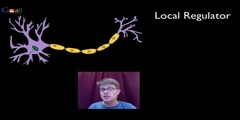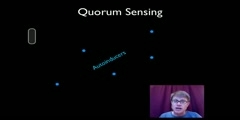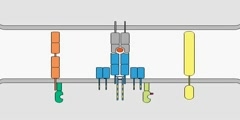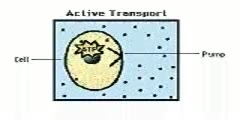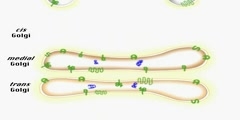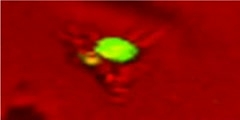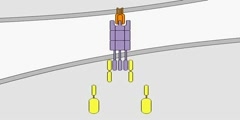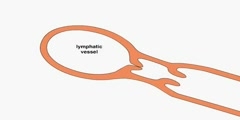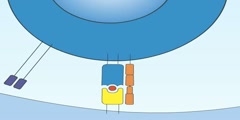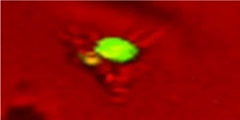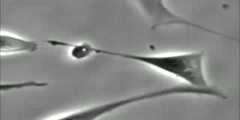Lec 7 - Cell Communication and Immunology
"Lec 7 - Cell Communication and Immunology" Frontiers of Biomedical Engineering (BENG 100) Professor Saltzman talks about cell communication, specifically ligand-receptor interactions that are important in maintaining homeostasis in the body. Different types of receptors and ligands, the nature of their interactions and ways to apply this into developing drugs are discussed (eg. Aldopa, Taximofen, beta-blockers). Next, Professor Saltzman talks about kinases, phosphatases, cyclic AMP and the mechanism of switching protein states. Three categories of cell communication signals are introduced: autocrine, paracrine, and endocrine. Finally, an example of cell communication using regulation/response to blood sugar level is presented. 00:00 - Chapter 1. Overview of Cell Communication 07:39 - Chapter 2. Mechanisms of Cell Communication 16:27 - Chapter 3. Agonists and Antagonists 21:31 - Chapter 4. Receptors 28:02 - Chapter 5. Protein Signal Transduction 34:54 - Chapter 6. Autocrines, Paracrines, Endocrines Complete course materials are available at the Open Yale Courses website: http://open.yale.edu/courses This course was recorded in Spring 2008.
Video is embedded from external source so embedding is not available.
Video is embedded from external source so download is not available.
Channels: Others
Tags: autocrine cell communication cyclic AMP endocrine kindase ligand paracrine phosphatase receptor
Uploaded by: yalefrontbio ( Send Message ) on 31-08-2012.
Duration: 46m 46s
Here is the next lecture for this course
Lec 8 - Cell Communication and Immunology ...
49:54 | 10119 viewsCell Communication
04:34 | 10673 viewsCommunication Between Cell
10:35 | 4823 viewsSignificance of Cell Communication
07:02 | 3127 viewsT-cell receptor ( TCR ) Signaling
02:18 | 18500 viewsCell ATP release
00:06 | 7863 viewsHow cell signalling work (detailed explan ...
14:15 | 13513 viewsProtein Packaging and Secretion from a Cell
01:48 | 12224 viewsActivated T Cell
00:49 | 9666 viewsCell death that is programmed
01:51 | 13762 viewsHow a T Cell kills Infected Cells
02:23 | 10971 viewsFunction of the Dendritic Cell Migration
01:22 | 13335 viewsT Cell Development Animation
02:41 | 21953 viewsActivated T Cell Under Microscope
00:49 | 7150 viewsKiller T Cell
00:40 | 9256 viewsNo content is added to this lecture.
This video is a part of a lecture series from of Yale
Lecture list for this course
Lec 1 - What Is Biomedical Engineering?
Lec 2 - What Is Biomedical Engineering? (cont.)
Lec 4 - Genetic Engineering (cont.)
Lec 5 - Cell Culture Engineering
Lec 6 - Cell Culture Engineering (cont.)
Lec 8 - Cell Communication and Immunology (cont.)
Lec 9 - Biomolecular Engineering: Engineering of Immunity
Lec 10 - Biomolecular Engineering: Engineering of Immunity (cont.)
Lec 11 - Biomolecular Engineering: General Concepts
Lec 12 - Biomolecular Engineering: General Concepts (cont.)
Lec 13 - Cardiovascular Physiology
Lec 14 - Cardiovascular Physiology (cont.)
Lec 15 - Cardiovascular Physiology (cont.)
Lec 17 - Renal Physiology (cont.)
Lec 18 - Biomechanics and Orthopedics
Lec 19 - Biomechanics and Orthopedics (cont.)
Lec 23 - Tissue Engineering (cont.)


